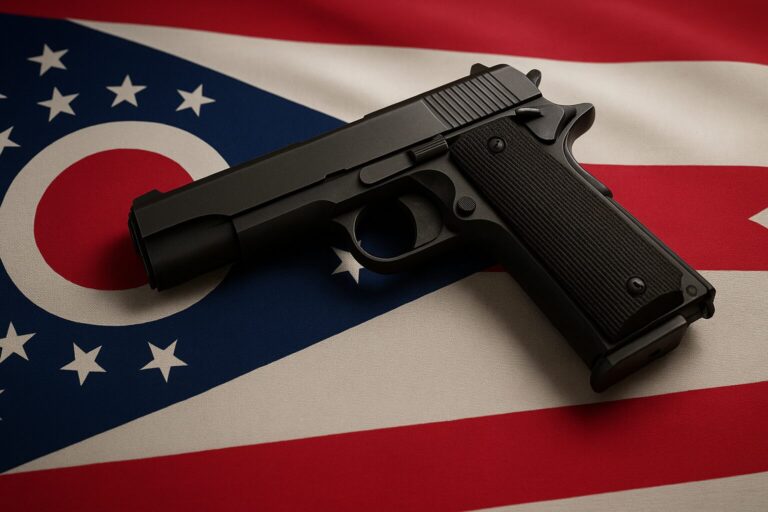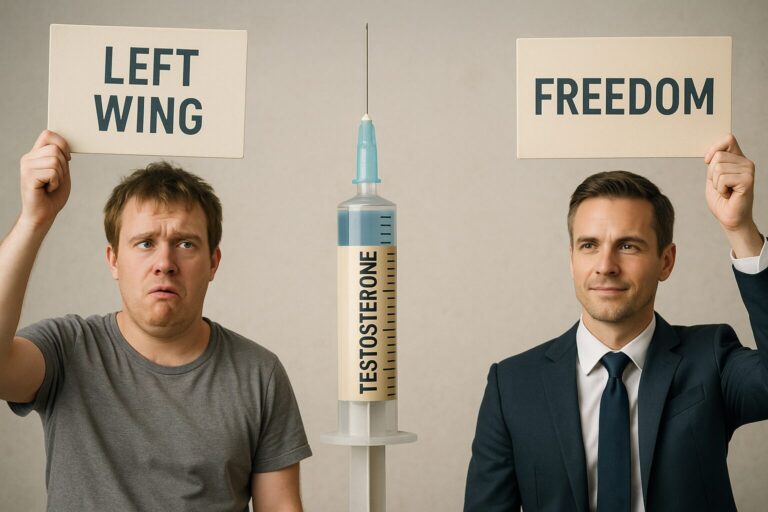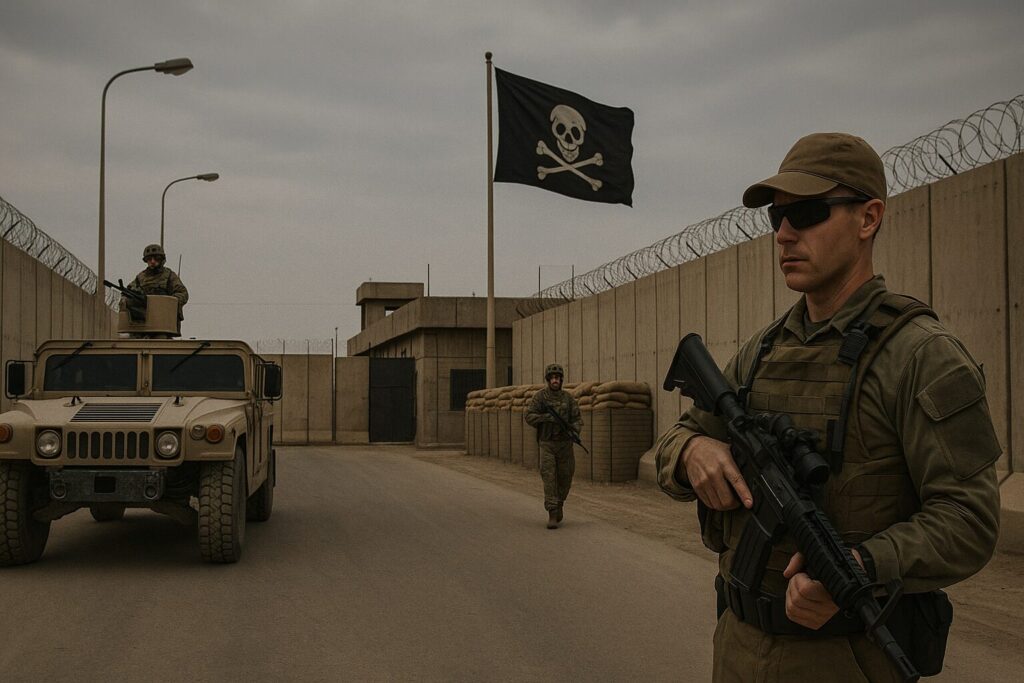
My life journey has led me to experiences few Brazilians have had. One of them was working as a Private Military Contractor (PMC) in the Middle East — more specifically, in the city of Baghdad, the capital of Iraq. This experience taught me a lot about the real world, about international politics, and especially about the freedom of access to firearms.
But before continuing, it’s worth explaining: a Private Military Contractor is a professional with military or security experience, hired by companies, governments, or institutions to operate armed in high-risk regions or on specific missions. This is what used to be called a “mercenary” — a term now discouraged by international law — with the more accurate and modern term being PMC.

I worked for a year in Baghdad — the political epicenter of Mesopotamia, the heart of the Arab world, and one of the most sensitive regions on the planet. There you find the largest U.S. embassy in the world, several UN agencies, and diplomatic representations from countries across all continents.
And, as you might imagine, there is no peace there without weapons.
A City Surrounded by Security
Baghdad organically has one of the most intense security structures on the planet.
It’s common to see the Iraqi Army on the streets, with its heavily armed soldiers, Humvee vehicles, and machine guns.
Additionally, the national police are present on practically every corner, patrolling public areas and guarding government buildings.
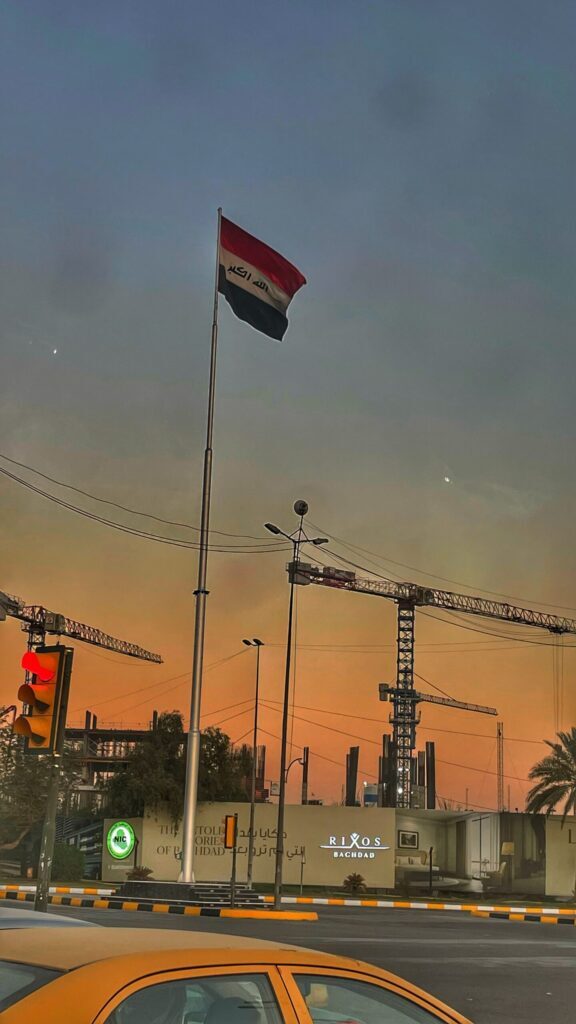
And even so, that’s not enough.
Despite all this overt state apparatus, all foreign and local authorities operating in the region rely on their own private security teams — usually composed of Private Military Contractors of various nationalities.
And you may be wondering: can Iraqi citizens own and carry their firearms?
During my stay, I had the opportunity to see ordinary citizens — not part of the armed forces or police — walking around armed or carrying their rifles in public places — not as a display, but naturally, as someone who understands that self-defense is a right as essential as life itself.
The lesson was clear: in a country that has lived through wars, civil conflicts, and deep ethnic tensions, the right to be armed was not suppressed — it was respected.
Meanwhile, in Brazil, where urban violence is chronic and the State is notoriously ineffective at protecting its citizens, disarmament is imposed as a magical solution.
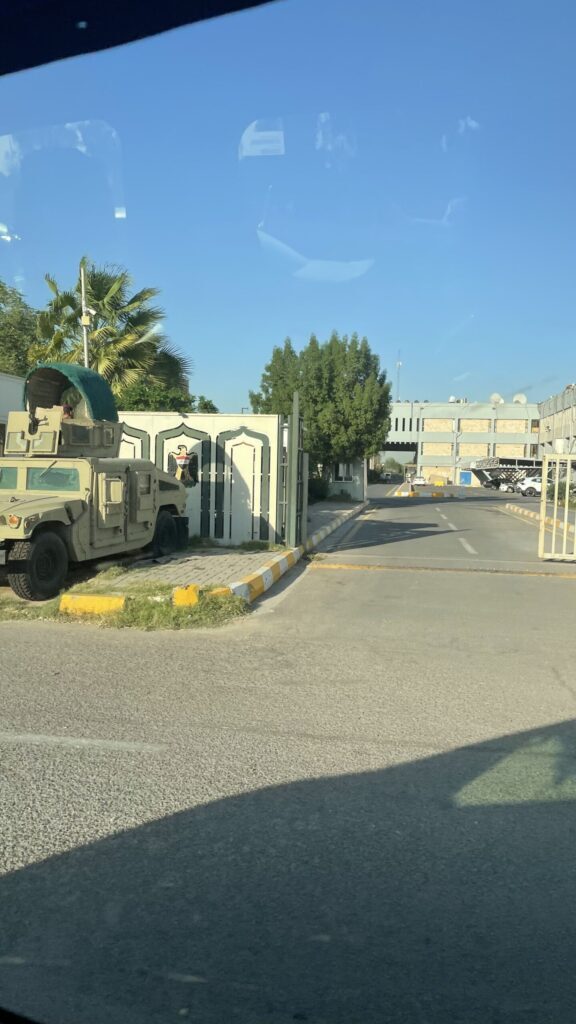
The Armed Contradiction of the Elites
While walking the streets of the Green Zone, mingling with ambassadors, military attachés, diplomats, and security agents from various countries, I encountered one of the greatest hypocrisies in international politics.
Governments that disarm their people remain armed — or are well protected by those who are.
These same leaders who push restrictive laws, disarmament campaigns, and pacifist speeches in their home countries walk around Baghdad surrounded by heavily armed security guards. And not just any security — we’re talking about entire teams of highly trained Private Military Contractors, like myself and many colleagues from various nationalities.
Even the United Nations itself — one of the most active institutions in global civilian disarmament campaigns — has heavily armed private security to protect its members and facilities.
And it doesn’t stop there: the city of Baghdad has one of the largest fleets of B6-level armored vehicles in the world, operating daily to transport these authorities with maximum safety. The disarmed citizen pays taxes so that their ruler — who preaches disarmament — can ride in an armored car with armed escorts in a foreign country.
And guess what? The Brazilian Embassy in Iraq is also there — heavily protected by a team of PMCs. I had the opportunity to visit it personally and was warmly welcomed by courteous people, both the embassy staff and the outsourced security guards — the Private Military Contractors.
Serious, polite, and well-prepared professionals who show, in practice, what real security means: armed, trained, and responsible people.
The lesson is simple: disarmament is always for the others.
None of Them Trust in Unarmed Peace
What I learned there was this: no politician, diplomat, or authority trusts their safety to peace or to local police. They all trust in weapons, in strength, in vigilance.
And then I ask myself: if these same international agents know that real security depends on firearms, why do they insist on denying this right to ordinary citizens?
The answer is clear to those who know the political game: social control.
An unarmed people is more fragile, more obedient, easier to manipulate.
Guns in the hands of citizens don’t guarantee rebellion — but they do guarantee limits. And that’s exactly what autocratic politicians fear.
The Truth They Don’t Tell You
Working as a PMC showed me what they never tell you in the news:
- That guns are not the problem.
- That those who feel at risk either carry weapons or hire someone who does.
- And that the disarmament narrative is upheld only because the elite is always exempt from it.
I learned that there is no freedom where only the State holds the monopoly on force.
And that real freedom requires that the citizen has concrete means to protect their own life, their family, and their principles.
Conclusion
Today, I return from that mission even more convinced:
access to firearms is a matter of justice, responsibility, and survival.
And there is no honest argument that can justify the disarmament of a population living in one of the most violent countries in the world — unless it is a deliberate attempt to subject that people to fear and dependence.
That is why the INSTITUTO DEFESA exists.
To remind us that freedom without means of defense is just a decorated illusion.
United we are invincible.






